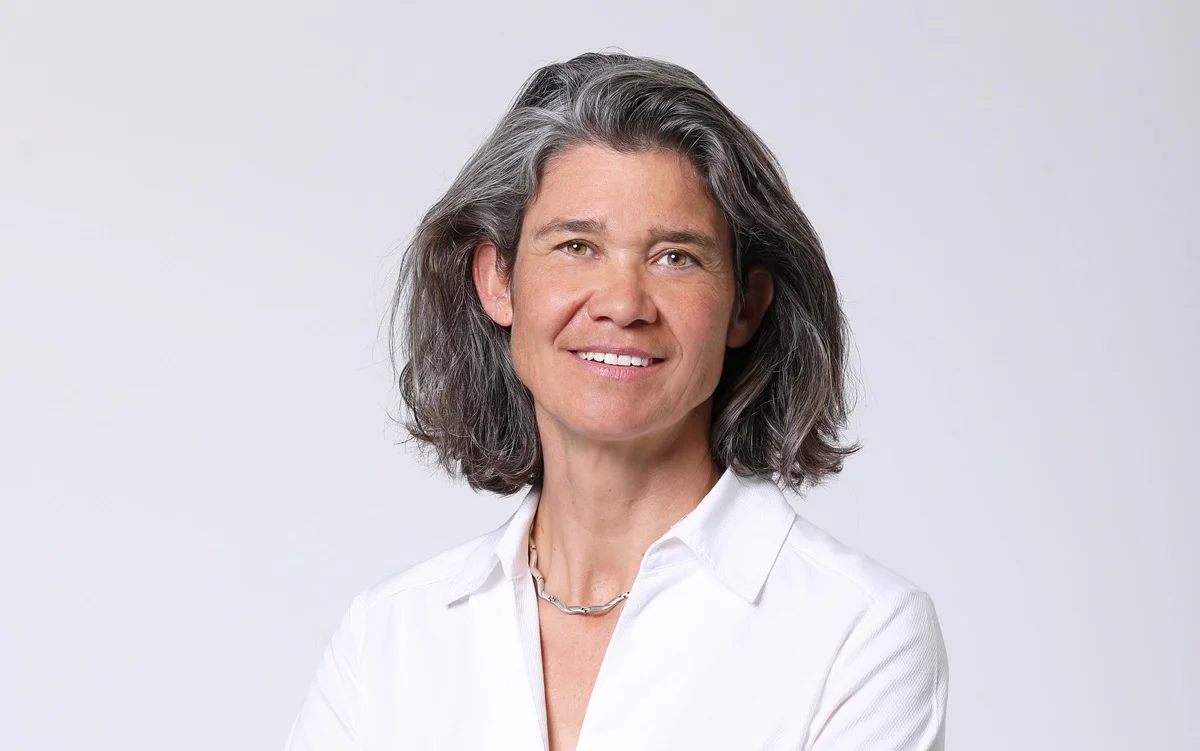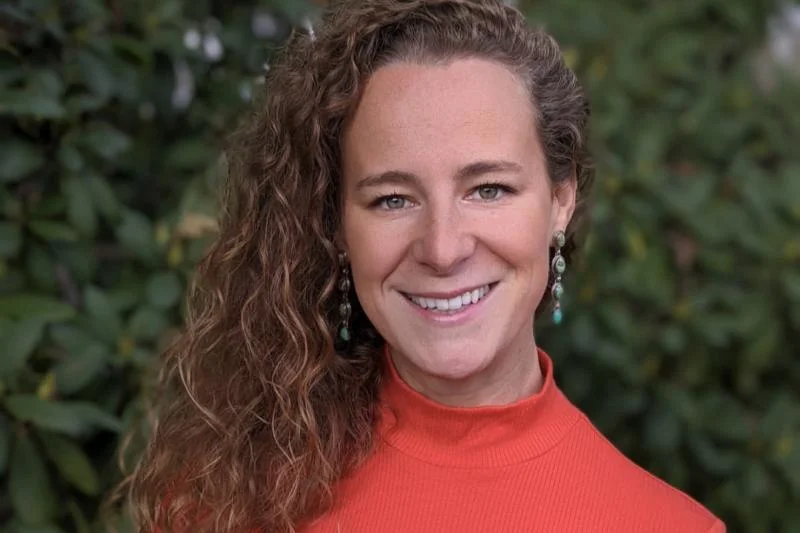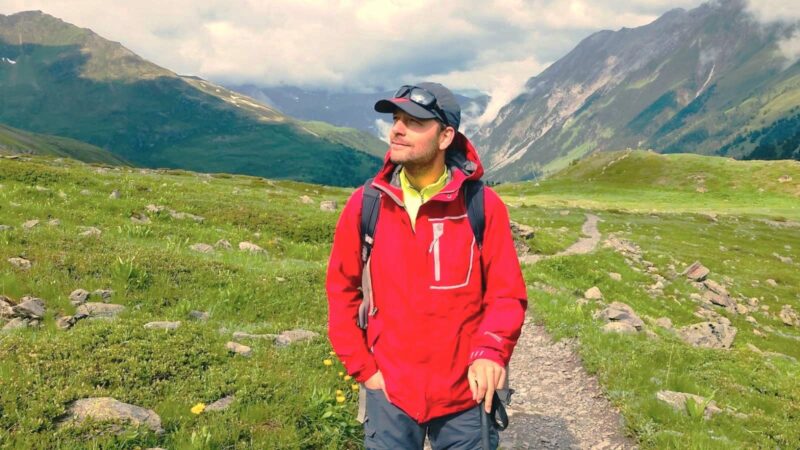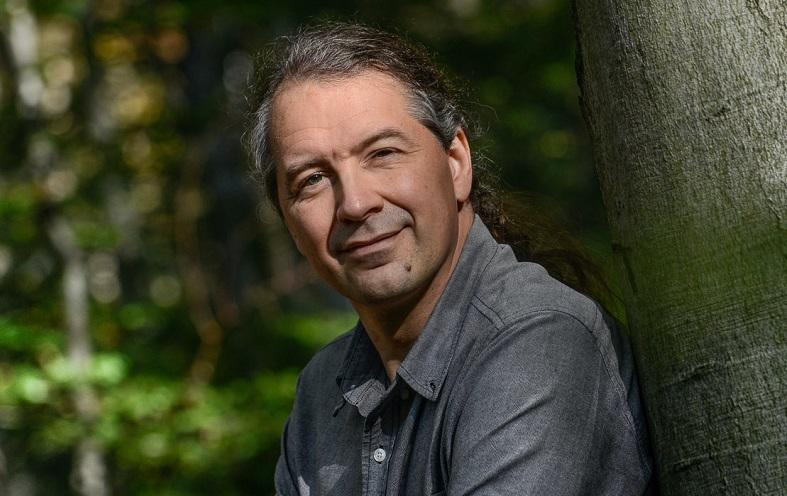
Silvia Barbone, whom I first met at a sustainable tourism conference in the Basque Country in 2015, in this interview discusses a topic which is crucial for the success of every project or initiative aimed at making tourism more sustainable – or travellers more responsible: funding. As an expert in EU tourism policy, funding, and partnerships, Silvia shares some valuable tips on how to approach the topic. She also tells us which destination has impressed her the most recently, for its dedication to developing sustainable infrastructure and experiences.
Silvia, do you remember when you first heard about sustainability in connection with tourism – and your thoughts back then?
I do remember. It was during my MBA. I was fascinated by the theory of sustainable tourism. I recognized the beauty and the power of sustainable tourism in creating unique opportunities for prosperity for people and places. Since then I was stimulated in thinking about how to create initiatives that combine the three dimensions of sustainability (environmental, economic, and socio-cultural).
I remember my first field trip to the Greek island of Rhodes. I was full of hope, saw sustainable tourism as the answer to the change needed for destinations not prospering despite their outstanding natural and cultural assets. Already during this first visit, I could see the lack of capacities in planning and management. But also somehow the ‘ethical approach’ was a big issue.
How has your view on sustainable tourism changed since then?
I still keep a “romantic and positive” view very strong inside me. It is my belief: sustainable tourism brings prosperity, connects people and their cultures, helps preserve the natural environment, generates a plethora of economic, social, cultural benefits.
But over time I have also discovered the complexity of the travel and tourism sector, and how often the lack of smooth and transparent decision-making processes, the lack of systematic cooperation between the public and private sector, and the lack of ethics make the path difficult.
I am aware that there are many challenges due to the complexity of the tourism value chain and the fact that more and more actions, projects, and investments are needed to accelerate the shift towards more sustainable tourism.
What I have learned is that we need to bring sustainable tourism from theory to practice continuously with a permanent and structured methodological approach, at local, regional, national and/or transnational level. Strategists, planners, decision-makers, researchers, academics, trainers and industry representatives need to join forces and cooperate, work together, plan together.
In your view, which are the main topics and concerns linked to tourism sustainability at the moment in Europe?
The main concern right now, with the upcoming new European Parliament and European Commission, is the urgent need to formulate effective Travel & Tourism policies based on a holistic European approach, as stated in the Tourism Legacy paper, prepared by the Tourism Manifesto for Growth & Jobs and the World Travel & Tourism Council (WTTC).
While Europe still remains the largest Travel & Tourism market in terms of international arrivals, its growth is decreasing. There is a need for coordinated, cross-sectoral regulatory interventions and increased financial support from the European Union.
The dialogue between the EU institutions and the stakeholders has already started. As a first result, the European Parliament proposed to introduce a specific allocation of 300 million Euro for sustainable tourism as part of the Single Market budget, under the Multiannual Financial Framework (MFF) for the years 2021 to 2027.
The new European Parliament and the new European Commission will play a critical role for the future of sustainable tourism.
Helping tourism organizations with their proposals to solicit European funding is one of the services you offer at Jlag. Is insufficient money a common issue preventing destinations or businesses from becoming more sustainable?
The issue is not only a lack of funding for the tourism sector. In many cases funding is available but, unfortunately, it is not well planned and translated into transformative projects.
What is holding destinations back? Not enough cooperation between the public and private sector, lack of planning and management skills, not enough use of standards and certifications.
We need more scalable and transferable sustainable tourism initiatives, to create a major impact. And the concept of sustainable tourism should be disseminated more and more – from the local to the global level.
As a sustainable tourism lobbyist based in Brussels, which trends and developments do you observe in the policy? Where are the priorities?
“To promote the development of sustainable, responsible, and high-quality tourism” has been one of the priorities of the European Commission, adopted in 2010. The corresponding policy is titled ‘Europe, the world’s No. 1 tourist destination – a new political framework for tourism in Europe.
As said, a new policy is needed to set out a renewed strategy and action plan for EU tourism. The key priorities are the ones we set out in The Tourism Manifesto:
- Competitiveness
- Digitalisation
- Good Governance
- Joint Promotion
- Reduce Seasonality
- Skills and Qualifications
- Sustainability
- Transport Connectivity
To your mind, are European policies aimed at more sustainable tourism in line with the needs, processes, and local scenarios at the destination level?
Yes, they are. But destinations need to be proactive. They need to set up their own strategies and action plans, to network with other destinations, to have the right expertise.
Your advice for tourism businesses or destination managers on how to benefit from EU support linked to sustainability?
All EU funding is given with sustainability in mind, that is, ‘to create long-term impact’. Project implementers need to design and execute initiatives with a clear vision and a realistic project plan, including details on how it will generate a transformative change.
My advice:
- create projects that are in line with EU policies
- set up a consortium with committed partners
- appoint a project management team with the right skills
I suggest using the PM4SD methodology when applying for funding, as well as for implementing and evaluating projects.
As professionals, to get trained and certified in PM4SD can be a very effective way to apply for EU funding.
Which destination impressed you the most this year, for its innovative sustainability approaches -or solutions?
I wish to name one destination: Armenia. They are building their own capacities, are investing in planning, management, entrepreneurial skills, and developing responsible tourism products. I am impressed by their talents, their commitment to sustainability, high motivation in shaping a prosperous future, as well as Armenia’s abilities to act together, combining strategies with actions.
The Integrated Rural Tourism Development (IRTD) project led by UNDP Armenia is one of the key initiatives in shaping sustainable tourism growth. It will position Armenia’s rural villages as the places to visit, to discover the authenticity and the cultural richness of this beautiful country.
As a visitor and as well as a sustainable tourism specialist, I was also impressed by the Armenian lifestyle which is truly and naturally sustainable. The way you get connected to people and places are unique.
And I was conquered by their delicious food.
As a developer and main author of the “Project Management for Sustainable Development” (PM4SD) methodology, have you found it easy to teach tourism professionals and policymakers such new skills?
Yes, PM4SD really empowers professionals, decision-makers, as well as students, transferring to them planning and management tools for sustainable tourism and successful projects. Cardiff Metropolitan University has included PM4SD certification in its Master’s programs – Event Project Management and Tourism & Hospitality Management – and is exploring ways to incorporate it into undergraduate programs too.
For students, PM4SD represents a big opportunity to certify their skills in sustainable project management, but also for their career orientation.
Regarding the application of PM4SD, it is used to design and implement projects, to define governance models, as well as to build capacities and create awareness in sustainable tourism.
For example, PM4SD has been the methodological approach to design the Next Tourism Generation Alliance. It has been used for the approach and strategy of sustainable Destination Management Organizations in Mediterranean countries (Tunisia, Italy, Jordan). And it has been used to develop capacity-building activities with international organizations.
In addition to the in-person training sessions which Jlag offers in different locations, we’ve partnered with TrainingAid and other industry organizations to expand access to the PM4SD training. We offer scheduled online courses, and so far 120 professionals from over 30 countries have participated in the online training.
Anything else you’d like to mention?
Join our upcoming PM4SD summer School in Armenia! 17-20 October. Soon more information at www.festfoundation.eu
Thank you, Silvia.
Follow Silvia’s work and connect with her on Twitter, LinkedIn, or Facebook.
Did you enjoy our interview with Silvia Barbone on the difficult but important task of securing adequate funding for sustainable tourism projects? Spread the word!











